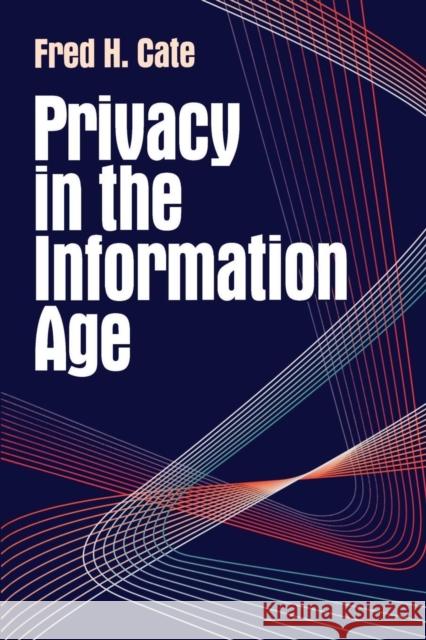Privacy in the Information Age » książka
Privacy in the Information Age
ISBN-13: 9780815713159 / Angielski / Miękka / 1997 / 248 str.
Electronic information networks offer extraordinary advantages to business, government, and individuals in terms of power, capacity, speed, accessibility, and cost. But these same capabilities present substantial privacy issues. With an unprecedented amount of data available in digital format, others know more about you than ever before.Data routinely collected includes your health, credit, marital, educational, and employment histories; the times and telephone numbers of every call you make and receive; the magazines you subscribe to and the books your borrow from the library; your cash'"withdrawals; your purchases by credit card or check; where you go on the Internet.Governments have responded to these new challenges to personal privacy in a wide variety of ways. At one extreme, the European Union in 1995 enacted sweeping regulation to protect personal information; at the other extreme, privacy law in the United States and many other countries is fragmented, inconsistent, and offers little protection for privacy on the Internet and other electronic networks.For all the passion that surrounds discussions about privacy, surprisingly little consensus exists about what privacy means, what values are served -- or compromised -- by extending further legal protection, and what principles should undergird a sensitive balancing of those values.











